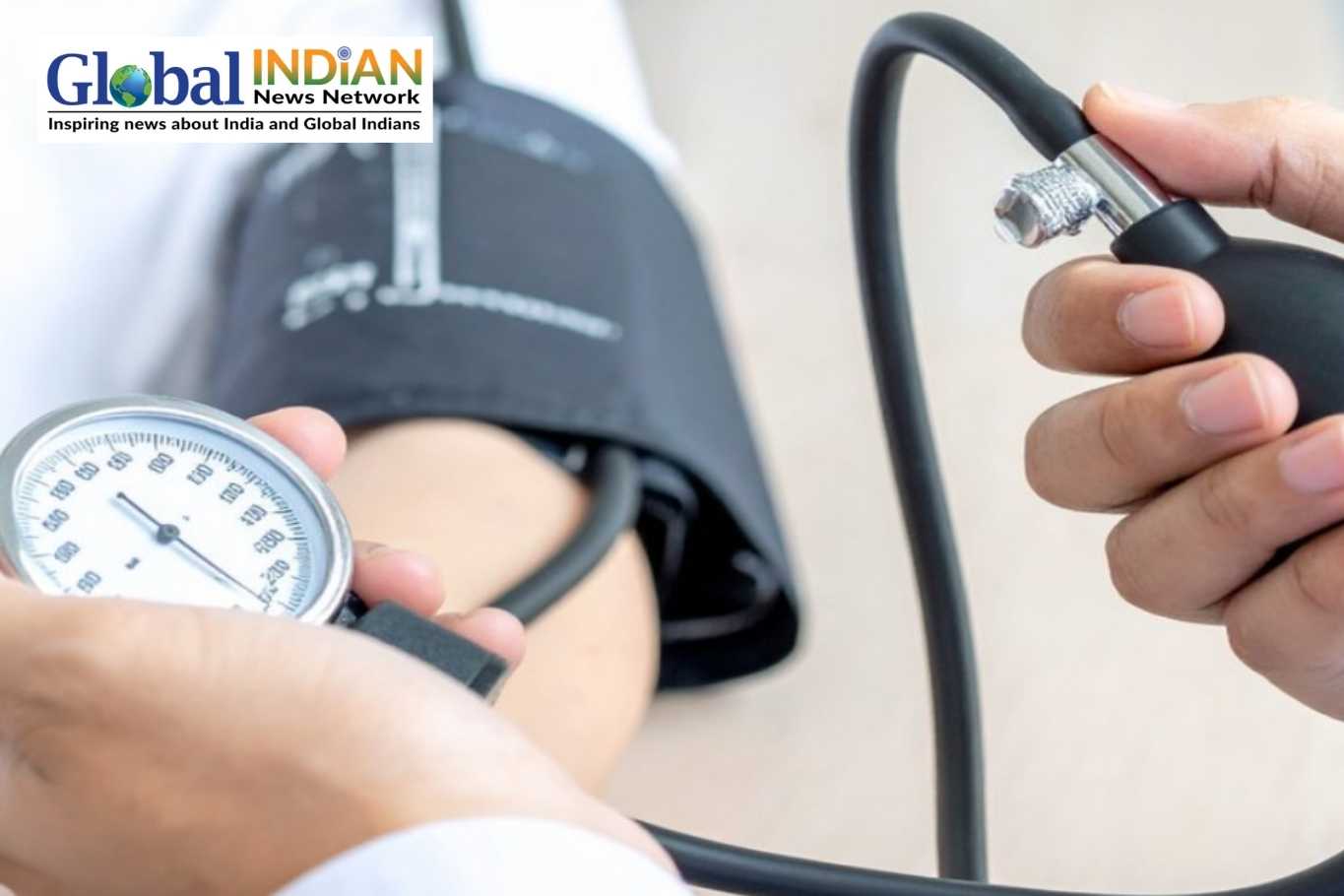
While some research has suggested a connection between insufficient sleep and risks of cognitive decline and dementia, other studies have yielded inconsistent findings. A recent study in the Journal of the American Heart Association reveals that individuals with high blood pressure who also experience short sleep durations are more likely to exhibit cognitive deficits and markers of brain aging and damage. Those with normal blood pressure did not show similar issues, despite short sleep duration.
This variability may explain previous contradictory findings regarding sleep and cognitive health. The study underscores the potential to identify early at-risk individuals and highlights the importance of managing both sleep patterns and blood pressure to prevent cognitive decline.
Matthew Pase, PhD, an associate professor at Monash University, emphasized that maintaining healthy blood pressure and ensuring sufficient sleep are crucial for brain health in later years. He advised regular blood pressure monitoring and adequate sleep as essential components of a healthy lifestyle.
Short sleep duration is not only linked to cognitive decline but is also a risk factor for high blood pressure. Studies suggest hypertension during midlife can lead to cognitive impairment and dementia by causing cerebral small vessel disease, which damages brain tissue and leads to atrophy. This condition impacts white matter, crucial for brain connectivity, and gray matter, essential for cognition.
Involving 682 participants aged 40 and above from the Framingham Health Study, researchers collected sleep data, blood pressure readings, cognitive assessments, and brain imaging results. Their findings revealed that shorter sleep significantly affected cognitive function and brain structure markers in those with high blood pressure but not in individuals with normal blood pressure.
Though the study’s observational nature limits causal conclusions, it emphasizes the interaction between hypertension and inadequate sleep. Experts, however, caution that individual sleep needs vary, and a one-size-fits-all recommendation may not be practical. Nevertheless, ensuring sufficient sleep and managing hypertension are key to preserving cognitive health.









